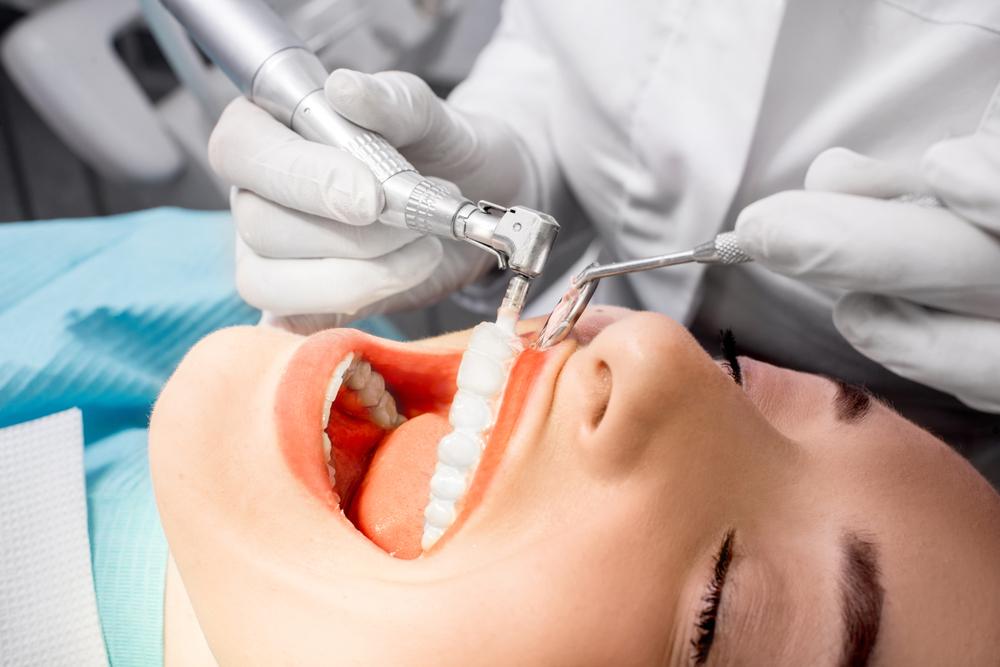Comprehensive Guide to Foods That Support or Harm Your Dental Health
Discover how your diet influences dental health, learn which foods to avoid, and find out which nutritious options support strong teeth and gums. This comprehensive guide offers effective tips, home remedies, and preventative strategies to maintain a healthy smile. From understanding the impact of sugary snacks to choosing nutrient-rich foods, take control of your oral wellness today.

Understanding How Your Diet Affects Your Teeth
Maintaining optimal dental health involves more than just regular brushing and flossing—your diet plays a crucial role. Some foods and drinks can help strengthen your teeth and gums, while others may accelerate decay or cause sensitivity. Knowing which foods to enjoy and which to avoid is vital for preventing dental problems such as cavities, gum disease, and tooth sensitivity.
In addition to routine dental visits, choosing nutrient-rich, tooth-friendly foods can contribute significantly to long-term oral health. Conversely, consuming cariogenic or erosive foods habitually can undermine your efforts to keep your smile healthy and bright.
This comprehensive guide explores the impact of various foods on your teeth, offers practical tips for dietary choices, and suggests home remedies to alleviate common dental discomfort temporarily.
Home remedies for temporary tooth pain relief
When experiencing tooth discomfort, several natural remedies can provide quick relief while you wait for professional dental care. Clove oil, rich in eugenol, offers effective numbing properties. Applying a few drops onto a cotton ball and gently placing it on the sore area can ease pain. It's important to note, however, that if there's an active infection, avoid using strong herbal remedies like clove oil, as they may worsen the condition.
Other simple methods include using cooled peppermint tea bags or rinsing with warm saltwater or saline solutions. Swishing saltwater for approximately 30 seconds and repeating three to four times can help reduce inflammation and soothe irritated tissues. These remedies are intended for short-term relief and should never replace professional dental treatment when needed.
Addressing the underlying issue causing tooth pain is essential for long-term dental health. Regular visits to your dentist can detect problems early before they escalate. An understanding of diet’s role in dental health can assist in preventing common issues like cavities and sensitivity.
Choosing the right foods can significantly influence your oral wellness. A balanced diet that favors teeth-strengthening nutrients while avoiding harmful substances helps maintain a healthy, vibrant smile over the years.
Foods to avoid for better dental health
Some foods and beverages are especially detrimental to your teeth. Sour candies, which are high in acids and sugars, can erode enamel and promote cavities. White bread, due to its starchy nature, can turn into sugars quickly that bacteria feed on, leading to plaque buildup.
Alcohol and carbonated drinks are highly acidic and can cause enamel erosion. Ice, which is often chewed habitually, can cause fractures or damage to teeth. Citrus fruits, while healthy in moderation, contain acids that may wear down enamel if consumed excessively.
Other foods to limit include potato chips, dried fruits, smoking products, wine, coffee, fruit juices, popcorn, peanut butter, jelly, vinegar, tomatoes, breath mints, and cough drops. While some of these foods provide health benefits when consumed in moderation, rinsing or brushing after intake helps remove residues that could otherwise contribute to decay.
Dental-friendly foods for maintaining oral health
Conversely, incorporating certain foods into your diet can enhance dental strength and reduce decay risks. Apples, often called nature’s toothbrush, stimulate saliva production and clean teeth surfaces. Berries, rich in antioxidants, support overall oral tissue health.
Grapes and nuts provide essential nutrients, while beans contribute to mineral intake crucial for enamel repair. Yogurt and fermented foods like miso and kefir promote beneficial oral bacteria, reducing harmful pathogens. Lean meats and soy products supply calcium and phosphates necessary for maintaining strong teeth.
Flaxseeds, rich in Omega-3 fatty acids, and cocoa, containing antioxidants, can also support oral health. Foods like eggplant, plums, dairy, leafy greens, and oily fish supply vital nutrients that help prevent cavities and promote strong gums.
Herbal teas such as black and green tea contain polyphenols that suppress bacterial growth. Carrots, ginger, cloves, and kiwis offer additional benefits, including anti-inflammatory properties and vitamin C support for gums. After meals, rinsing with water helps to wash away food residues and acids that could contribute to decay.
Adopting healthy dietary habits—alongside diligent oral hygiene—can significantly reduce dental issues and contribute to a bright, healthy smile for life.





